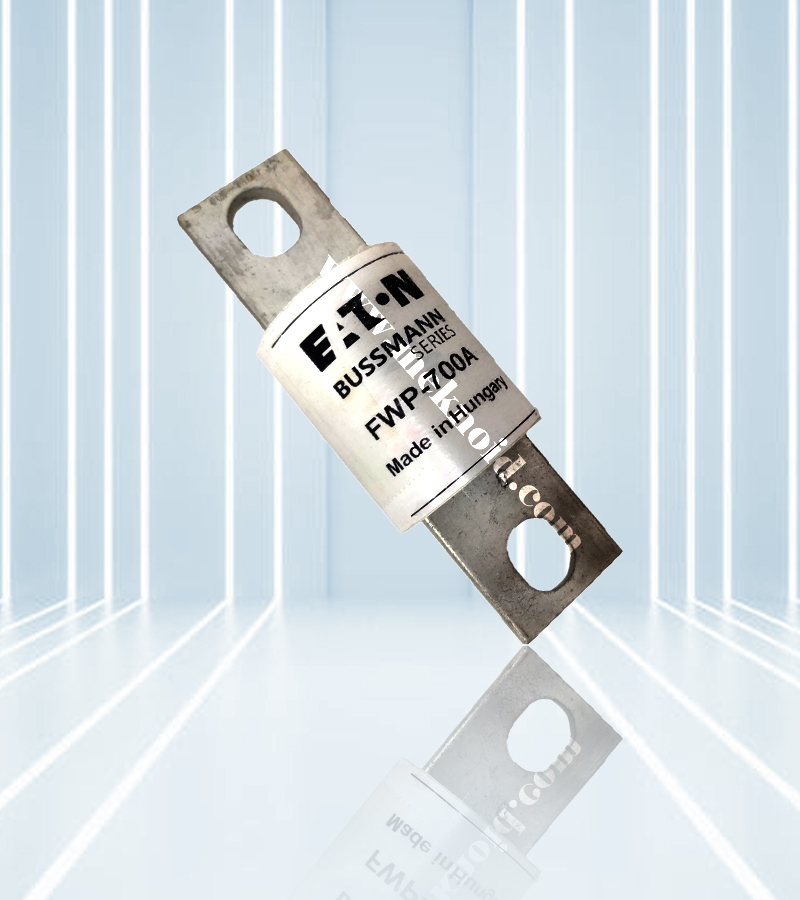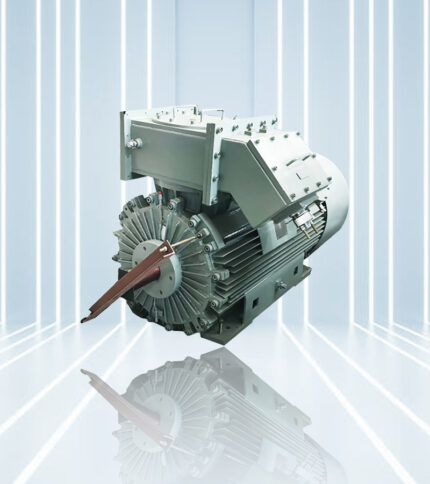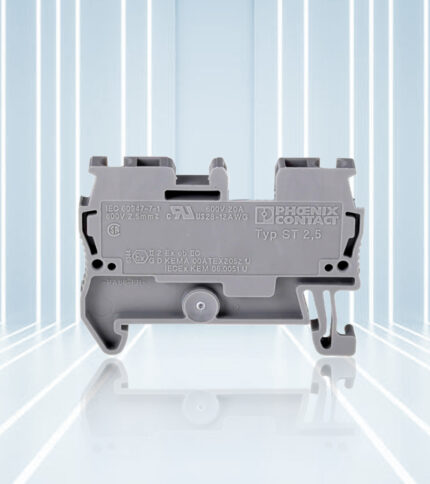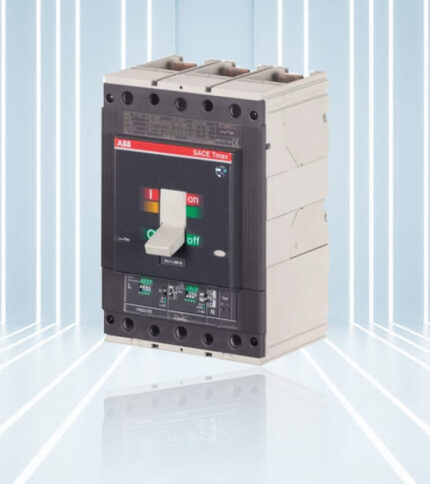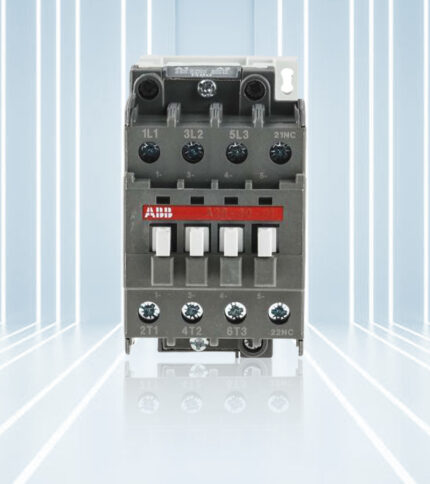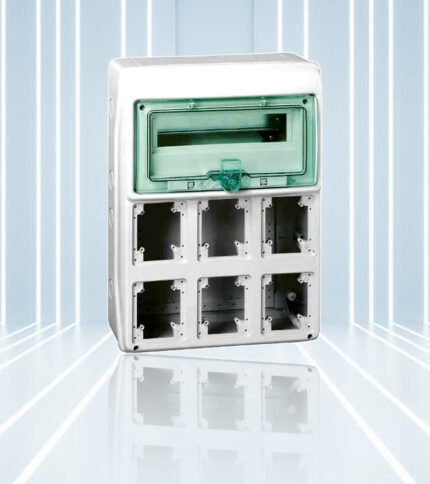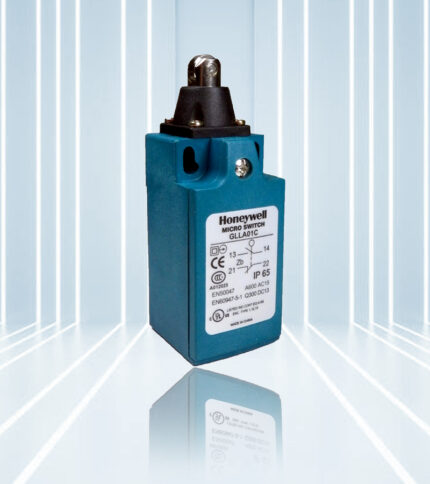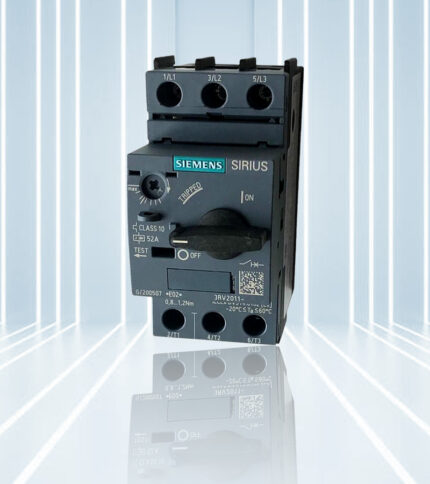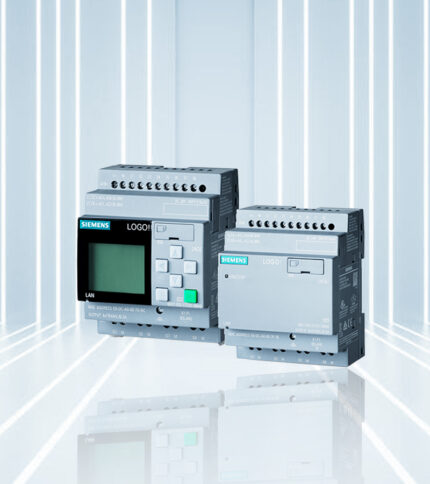Description
Fuses are fundamental components used in electrical circuits to protect against overcurrent events such as short circuits, overloads, and faults. Consisting of a thin conductive element housed within a protective enclosure, fuses operate by melting or breaking the element when excessive current flows through the circuit, thereby interrupting the flow of current and preventing damage to downstream equipment. The primary function of fuses is to provide reliable overcurrent protection, limiting the amount of current that can flow through a circuit to a safe level. Fuses are rated based on their current-carrying capacity and their response time to overcurrent conditions, ensuring proper coordination with other protective devices in the circuit.
Fuses are available in various types and configurations to suit different application requirements and voltage levels, including cartridge fuses, blade fuses, and resettable fuses (such as circuit breakers with fuse-like properties). They may also feature different construction materials, such as glass, ceramic, or polymer, depending on the application environment and electrical characteristics. Key features of fuses include their compact design, ease of installation, and cost-effectiveness compared to other protective devices such as circuit breakers. Fuses are typically installed in fuse holders or fuse blocks, which provide mechanical support and electrical connections for the fuse element. Fuses find applications in a wide range of industries and settings, including residential, commercial, and industrial environments. They are used to protect electrical circuits and equipment in lighting systems, HVAC systems, appliances, motor control circuits, power distribution panels, and machinery.
Benefits
- Effective Overcurrent Protection: Fuses offer reliable protection against overcurrent events such as short circuits and overloads, safeguarding electrical circuits and equipment from damage and preventing potential hazards.
- Cost-Effective Solution: Fuses are an economical choice for overcurrent protection compared to other devices like circuit breakers, making them suitable for a wide range of applications where budget constraints are a concern.
- Quick Response Time: Fuses have a fast response time to overcurrent conditions, quickly interrupting the circuit to prevent excessive current flow and minimize the risk of damage to connected devices.
- Easy Replacement: Fuses are designed for easy replacement in the event of a fault, minimizing downtime and ensuring that electrical systems can be restored to operation quickly and efficiently.
- Versatility: Fuses are available in various types, sizes, and ratings, allowing for versatile application across different voltage levels, current capacities, and environmental conditions.
Technology
- Fuse Element: Fuses consist of a fuse element made of conductive material, typically a metal wire or strip, which is designed to melt or vaporize when subjected to excessive current, thereby interrupting the circuit.
- Enclosure: Fuses are housed within protective enclosures made of materials such as glass, ceramic, or polymer, providing insulation and containment of the fuse element and ensuring safety during operation.
- Current Rating: Fuses are rated based on their current-carrying capacity, expressed in amperes (A), which determines the maximum current that the fuse can safely handle without opening.
- Voltage Rating: Fuses are also rated for voltage compatibility, indicating the maximum voltage at which the fuse can safely operate without risk of arcing or insulation breakdown.
- Fuse Types: Different types of fuses are available, including cartridge fuses, blade fuses, and resettable fuses (such as polymeric positive temperature coefficient (PPTC) fuses), each with specific characteristics and applications.
Reliability
- Consistent Performance: Fuses offer consistent and predictable performance in responding to overcurrent conditions, providing reliable protection for electrical circuits and equipment.
- Durable Construction: Fuses are constructed with durable materials and undergo rigorous testing to ensure mechanical integrity and electrical performance, resulting in long-term reliability.
- Temperature Stability: Fuses are designed to operate reliably over a wide range of temperatures, maintaining consistent performance in diverse environmental conditions.
- Low Failure Rate: Fuses have a low failure rate when properly selected and installed, contributing to the overall reliability and safety of electrical systems.
- Compliance: Fuses comply with industry standards and regulations for electrical safety and performance, providing assurance of quality and reliability in various applications.


